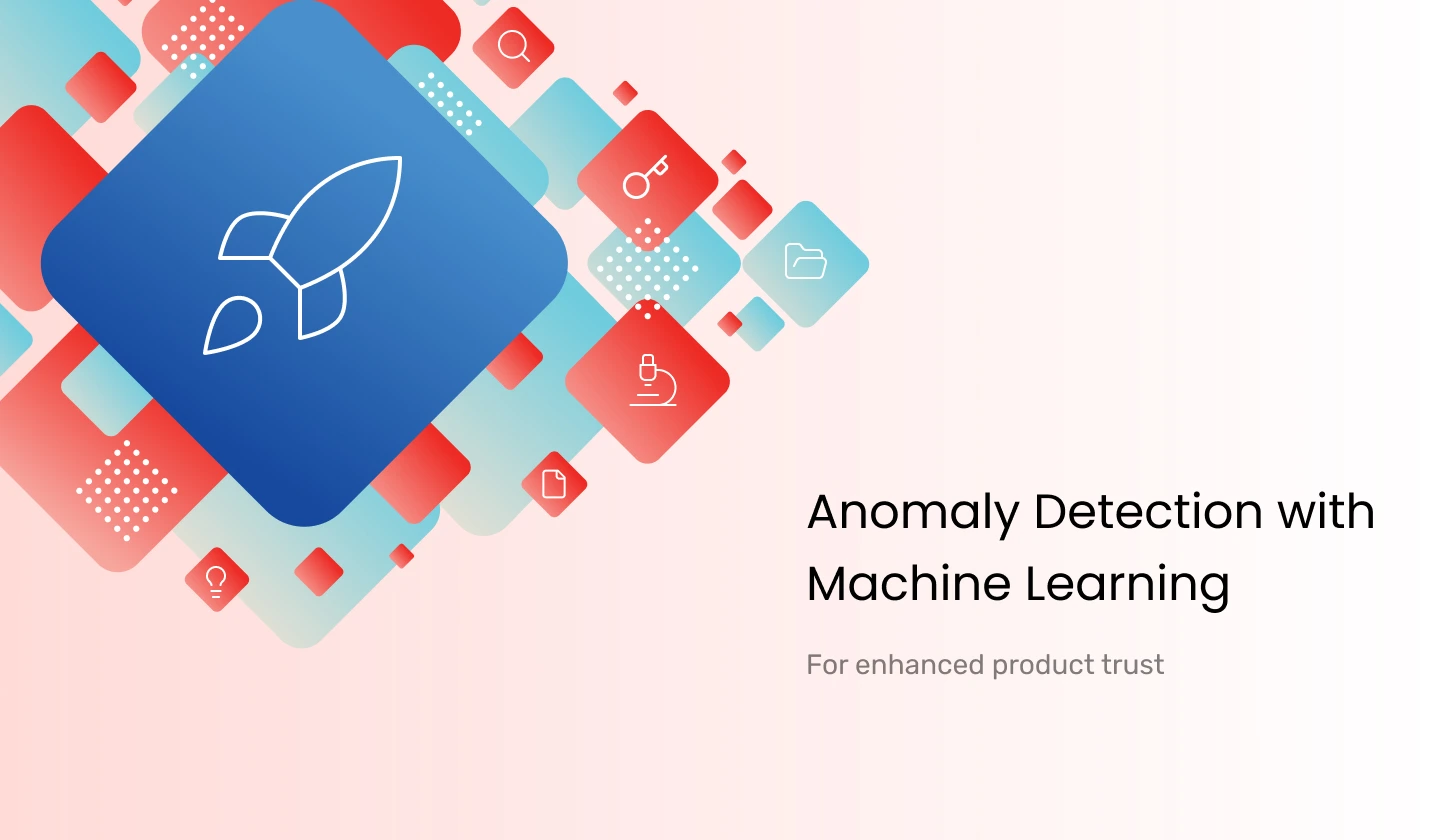Most companies don’t look for MLOps consulting services when things are going smoothly. They search when something breaks.
Models drift silently. Retraining is manual. Infra costs spike. Engineering time gets wasted on pipeline debugging.
Here are six non-negotiables that must be in place before hiring any MLOps consulting provider.
Miss even one, and you risk time loss, cost overruns, or worse — a broken system your team has to maintain.





 12 mins
12 mins










 Talk to Our
Consultants
Talk to Our
Consultants Chat with
Our Experts
Chat with
Our Experts Write us
an Email
Write us
an Email





